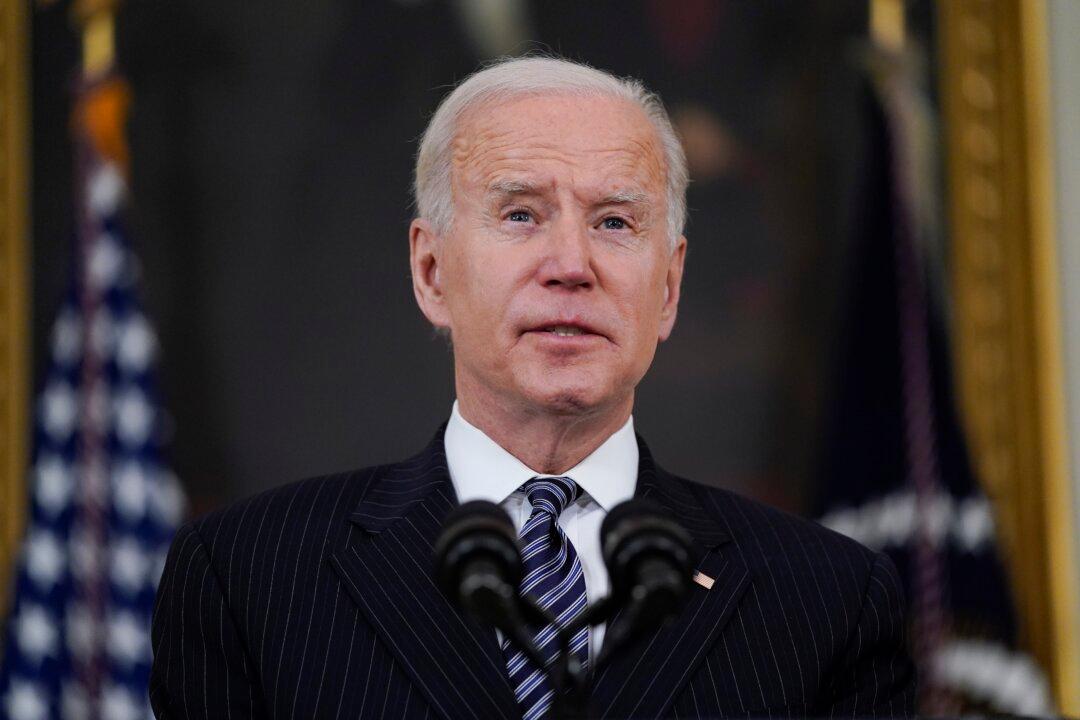President Joe Biden on Friday asked Congress to authorize a $1.52 trillion federal spending plan for 2022, calling for a 16 percent increase in funding for non-defense domestic programs and a relatively flat 1.7 percent increase for defense.
Biden’s first discretionary spending request, detailed in a blueprint (pdf) from the White House’s acting budget chief, Shalanda Young, calls on Congress to provide $769 billion for non-defense programs and $753 billion in national defense funding for the upcoming fiscal year.





